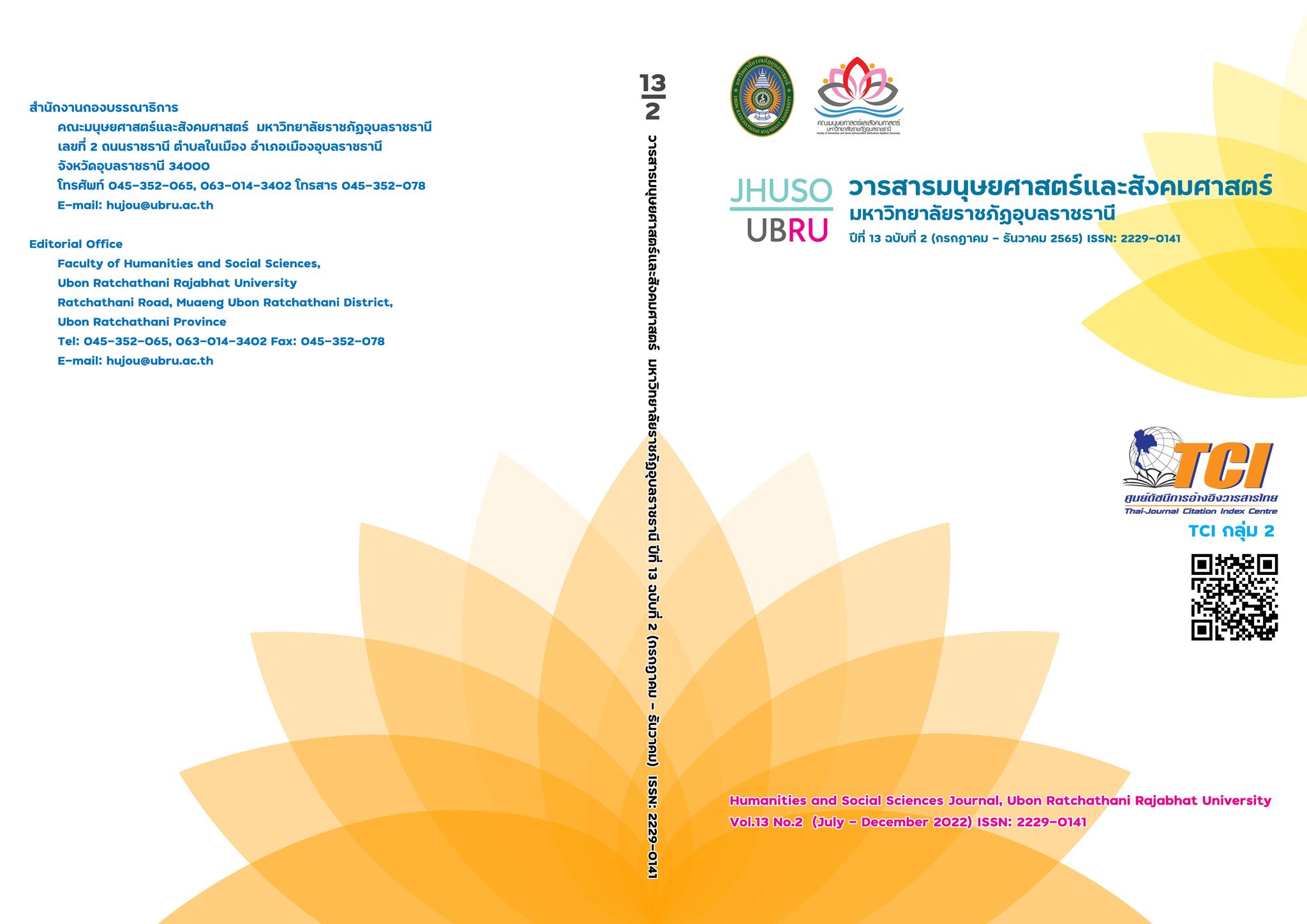การจัดการกับภาวะวิกฤตโควิด-19: กรณีศึกษาประเทศไทยและต่างประเทศ
Main Article Content
Abstract
This article aimed to present the results of the study on the situation and measures of Thailand and foreign countries, i.e., USA, UK, China, Japan, and Singapore for crisis management in economic and social aspects due to COVID-19 outbreak between January 2020 – March 2021. 2 phases of the framework for crisis management analysis included response phase and recovery phase. It as found that most governments would like to implement social measures focusing on public health and economic measures focusing on healing people as all at once. They could not choose to implement only one aspect. In the response phase, most countries between January – March 2020 still underwent the quick outbreak. The governments issued strict control measures which were immediately effective, e.g., orders to stop business conduct, travel restriction, and in-time financial support for people. In the recovery phase, when the situation relieved, the governments would reach this step. Some countries, e.g., USA, China, and Singapore have currently started their crisis management in the response phase quite efficiently by focusing more on economic recovery rather than public health management. They have also started to relieve parts of the measures. According to the results of the study on the situation and measures of the 6 countries for COVID-19 crisis management, they will be a significant lesson for Thailand to plan how to handle the surrounding crisis, with future perspectives. Above all, people’s benefits must be viewed as the first priority. Policy regulators must learn when undergoing the crisis that may reoccur in the future.
Article Details

This work is licensed under a Creative Commons Attribution-NonCommercial-NoDerivatives 4.0 International License.
References
Asia Times. (2020). Japan stimulus highlight: $15bn small-biz loans. from https://asiatimes.com/2020/03/japan-stimulus-highlight-15bn-small-biz-loans/.
COVID-19 Policy Watch. Retrieved from https://covid19policywatch.org/
International Monetary Fund (IMF). Policy Responses to Covid-19. from https://www.imf.org/en/Topics/imf-and-covid19/Policy-Responses-to-COVID-19#U
Grant S. E. and Powell D. (2000). Crisis response and communication planning manual. Prepared for the Ontario Ministry of Agriculture, Food and Rural Affairs (OMAFRA), Ontario, Canada.
Rosenthal, U., Charles, M. T., & Hart, P. t. (1989). Coping with crises: The management of disasters, riots, and terrorism: Charles C Thomas Pub Limited.
William D. Eggers, John O'Leary, & Chew, B. (2020). Governments’ response to COVID-19. A report from the Deloitte Center for Government insights. from https://www2.deloitte.com/us/en/insights/economy/covid-19/governments-respond-to-covid-19.html
โพสต์ทูเดย์. (2563). ผลกระทบทางเศรษฐศาสตร์จาก “ไวรัสโควิด-19”. จาก https://www.posttoday.com/finance-stock/columnist/618563
กรมควบคุมโรค. (2552). การสื่อสารในภาวะเสี่ยง ฉุกเฉิน และวิกฤติทางสาธารณสุข. กรุงเทพฯ: โรงพิมพ์ชุมนุมสหกรณ์การเกษตรแห่งประเทศไทย จำกัด.
กรุงเทพธุรกิจ. (2564). สิงคโปร์-เวียดนาม'ผู้ชนะตัวจริงสงครามโควิด. จาก https://www.bangkokbiznews.com/news/detail/915082
ประชาไทย. (2564). ดูตัวอย่าง 8 ประเทศ รัฐบาลช่วยคนเล็กคนน้อยในวิกฤตโควิด-19 อย่างไร. จาก https://prachatai.com/journal/2020/03/86860
ฤชากร ไตรรัตนานุสรณ์. (2563). รับมือโควิดในสหรัฐ: ตอบสนองล่าช้า หาเต๊นท์ให้คนไร้บ้าน สินค้าขาดแคลน. จาก https://ilaw.or.th/node/5623
สถาบันวิจัยเพื่อการพัฒนาประเทศไทย (ทีดีอาร์ไอ). (2563). สถานการณ์ นโยบายและมาตรการในประเทศต่าง ๆ ทั่วโลก. จาก https://www.covidpolicywatch.com/policyinter/
อรุณ สถิตพงศ์สถาพร และวุฒิพงษ์ ตุ้นยุทธ์. (2563). สถิติการระบาดเปรียบเทียบระหว่าง สหรัฐอเมริกา กับ ไทย. จาก https://www.covidpolicywatch.com/impact/


